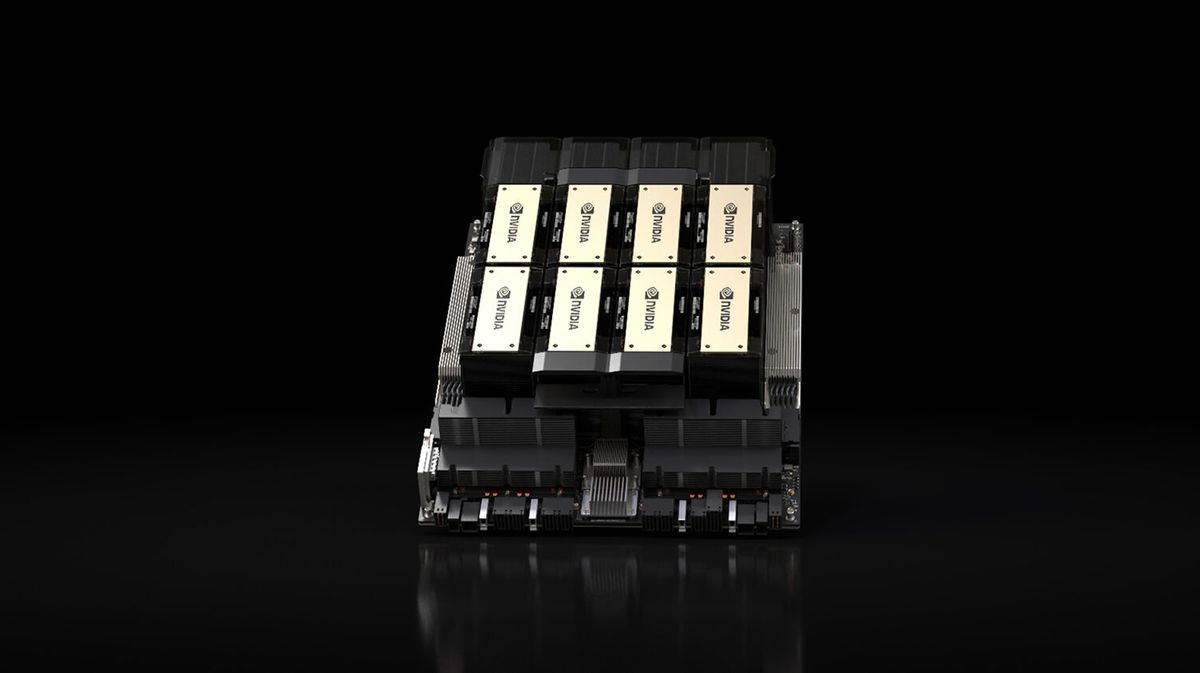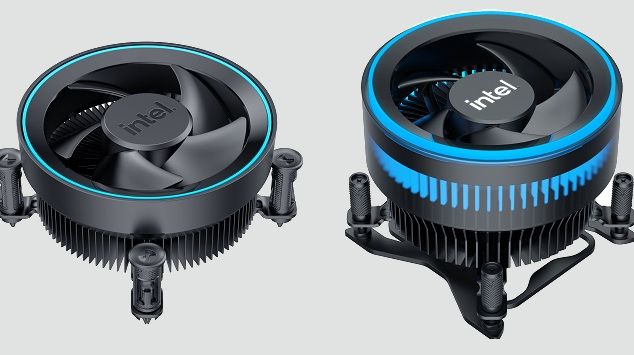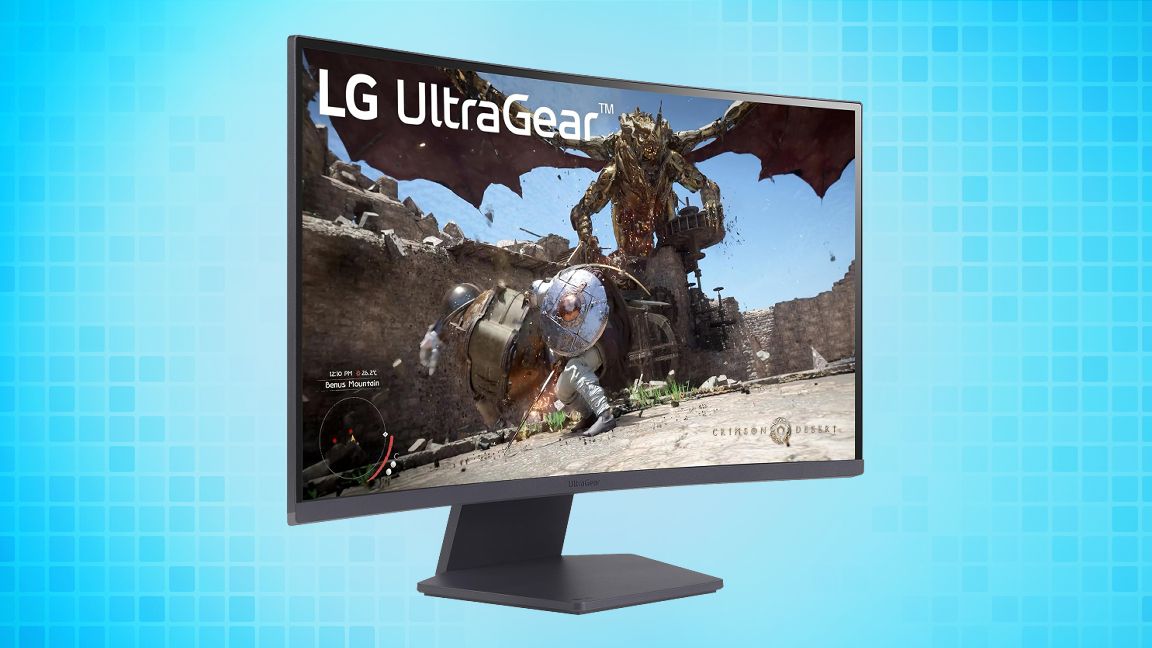Bloomberg reports that the Biden administration is preparing a final set of export restrictions on advanced AI GPUs. Under the new rules, only companies from the U.S. and 18 allies can buy AI GPUs without limits.
Entities from other countries will have limited access to AI GPUs unless they obtain validated end user (VEU) status. China, Russia, Macau, and other arms-embargoed nations will face a near-total ban on AI GPU imports. Nvidia and the Semiconductor Industry Association (SIA) strongly oppose the decision.
"AI is mainstream computing – ubiquitous and essential as electricity," a statement by Ned Finkle, Vice President of Government Affairs at Nvidia, reads. "This last-minute Biden Administration policy would be a legacy that will be criticized by U.S. industry and the global community. We would encourage President Biden to not preempt incoming President Trump by enacting a policy that will only harm the U.S. economy, set America back, and play into the hands of U.S. adversaries."
The new export rules reportedly divide the world into three tiers; each tier will have a different level of access to advanced AI GPUs developed in the U.S.
- Tier 1: The U.S. and 18 allies (including Australia, Belgium, Canada, Denmark, Finland, Germany, France, French Guiana, Ireland, Italy, Japan, the Netherlands, New Zealand, Norway, South Korea, Sweden, Taiwan, and the U.K.) will have 'near-unrestricted access' to advanced AI processors developed in the U.S. That rule will apply provided they meet U.S. security requirements and do not install over 25% their processing capabilities outside of Tier 1 countries. While they are permitted to install some of their processors in Tier 2 nations, they cannot install more than 7% of their capacity in any single Tier 2 country. U.S.-based firms must ensure at least half their computing power remains in the country.
- Tier 2: Most countries in the world (including Eastern Europe, the Middle East, Mexico, and Latin America) will face limits on computing power they can procure. Bloomberg claims that the limits include a cap of approximately 50,000 GPUs between 2025 and 2027, though it is unclear which GPUs do they mean (Blackwell GPUs are about four times more powerful in AI than Hopper GPUs, a significant difference). However, individual companies from these countries will be able to get higher compute capability if they obtain 'validated end user' (VEU) status by complying with U.S. regulations.
- Tier 3: Belarus, China, Iran, Macau, Russia, and other arms-embargoed nations face a near-total ban on AI processor imports from the U.S. There are no details available on the matter. However, even today Nvidia cannot ship its most powerful GeForce RTX 4090 graphics card to China as it could be used for AI training and inference. If the government further reduces performance caps, then a wider range of processors developed in the U.S. will be banned from shipping to the People's Republic.
In addition to hardware restrictions, the plan limits the export of closed AI model weights. Companies are barred from hosting powerful models in Tier 3 nations and must comply with security standards to host them in Tier 2 countries. Open-weight models remain unrestricted. However, suppose an AI company intends to fine-tune a general-purpose open-weight model for a specific application that requires substantial computing power. In that case, it must obtain a U.S. government license to carry out the work in a Tier 2 country, according to the report.
The proposal has drawn criticism from the semiconductor industry in general and Nvidia in particular. The Semiconductor Industry Association also expressed concerns, calling for more deliberation and industry input before implementing changes of such magnitude.
"It makes no sense for the Biden White House to control everyday data center computers and technology already in gaming PCs worldwide, disguised as an anti-China move," Finkle wrote. "The extreme 'country cap' policy will affect mainstream computers in countries around the world, doing nothing to promote national security but pushing the world to alternative technologies."
Despite the criticism, U.S. officials consider the policy a strategic move to leverage American dominance in AI technology. American chips outperform Chinese counterparts, giving the U.S. a unique opportunity to shape global standards and attract companies and nations toward its technological orbit. Nvidia opposes the move, saying it will encourage Chinese companies to find alternatives to American technology, which will hurt Nvidia's short-term sales and pose competitive pressure in the long term.

 5 hours ago
16
5 hours ago
16





/cdn.vox-cdn.com/uploads/chorus_asset/file/25821777/DSCF4473.jpg)


 English (US) ·
English (US) ·